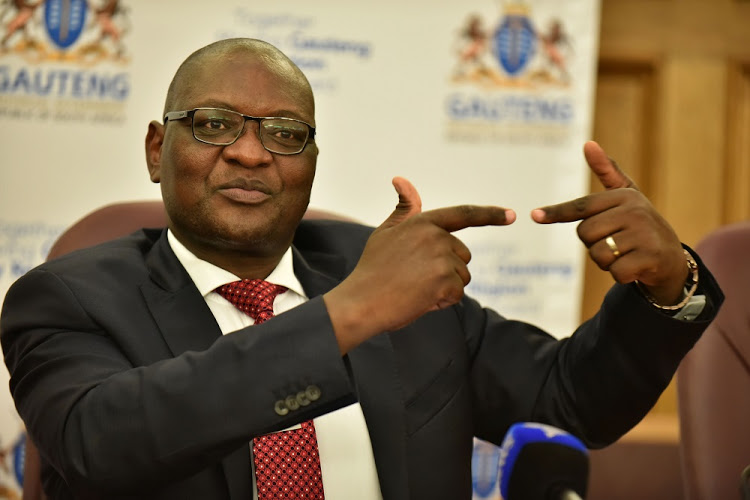This follows his concerns on health, safety and drugs that South African Government has to do deal with, and pointed out that foreign States whose citizens are getting treatment should be billed.
He was addressing guests during breakfast following the 2019/20 budget speech by MEC Barbara Creecy.
With the health sector facing multiple challenges, Makhura said government of other countries must now be billed for their citizens well-being.
Yes, we cannot turn down people because they’re from another country when they need health assistance but payment must be made for services.
“I think there is a degree in which we need to have a conversation with our SADC (Southern African Development Community) counterparts. There are countries that must pay for their citizens to use our health services. Those countries must pay. Some of these countries are just running as if they are not governments.
Think of Lesotho… Swaziland (Eswatini)… Zimbabwe and Mozambique. We’ve got governments there but their citizens get almost everything from South Africa. If someone is ill and arrives at a hospital, which is [an institution] about saving lives, you cannot turn them back and say just because they are Zimbabweans [they shouldn’t be treated).
“The nature of health institutions and services is to save lives. We must go to the government of Zimbabwe and say we’ve treated so many citizens of your country in our facilities because you are not providing [them with these services and you must pay back the money we’ve spent on treating them]. We must collect this money from these governments,” he said.
Makhura also discovered that there were certain types of criminal activities that were being perpetrated by certain foreign nationals.
He also indicated that Police bust lately indicated that some Nigerians were involved in drugs but that does not mean they’re involved in drug trade.
And he was quick to point that this was not xenophobic.
“But we must ask a question: how do we have so many drug dens that are operated by Nigerians in our country? How does this happen? We’ve got to solve that problem and also we’ve to make it a problem with Nigeria [and say], ‘too many of your citizens are involved in this type of crime in our country, it is not xenophobic. We should work with that government and say your citizens are free to come to our country but they contribute to a particular area of crime…” he said.
“I think some specific crimes [are committed] by some specific nationalities or foreign nationals are involved. Drugs, there’s specific nationalities involved. Violent crimes and murders, including cash-in-transit heists, there is specific nationalities involved. To say this is not to make a particular nationality is a problem,” he said.
The Premier did not indicate when and how would this be applied.

